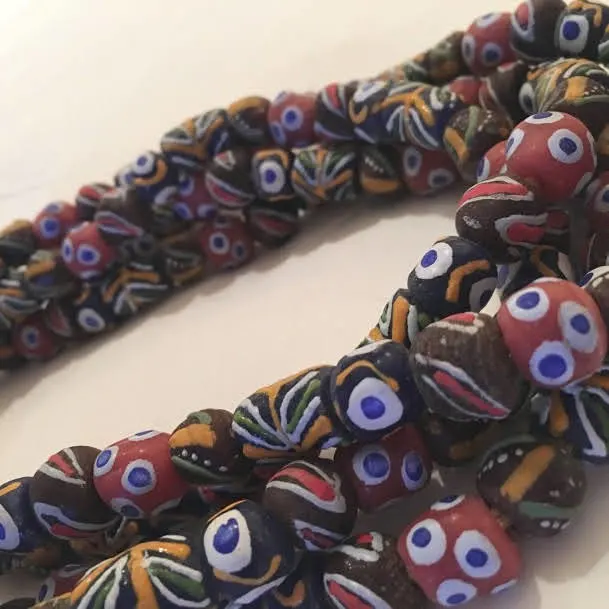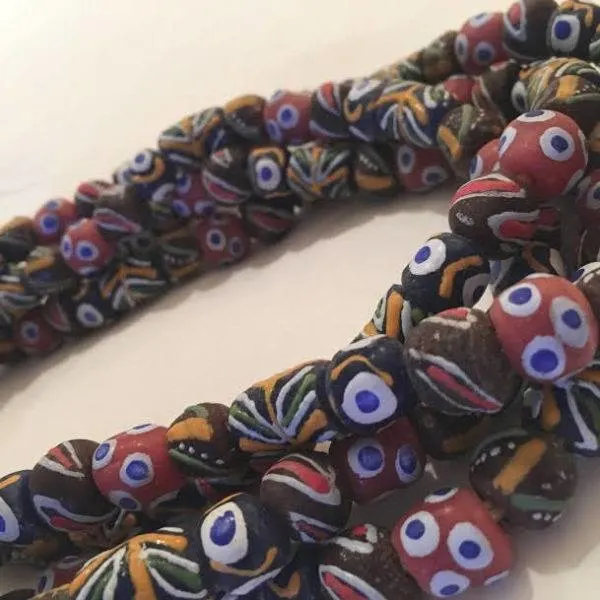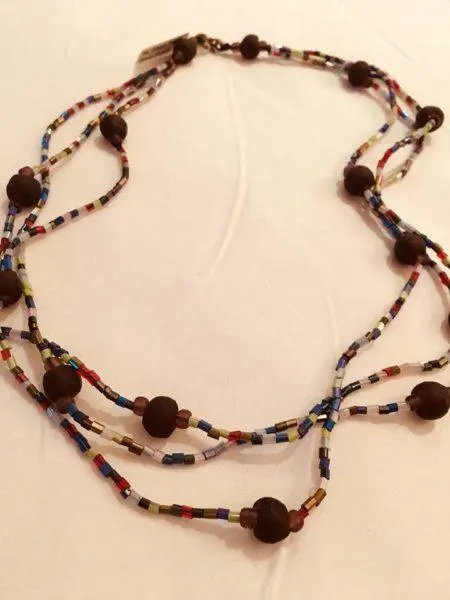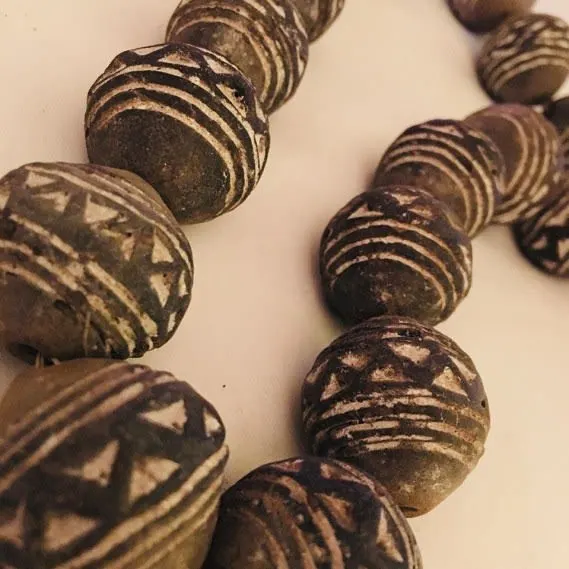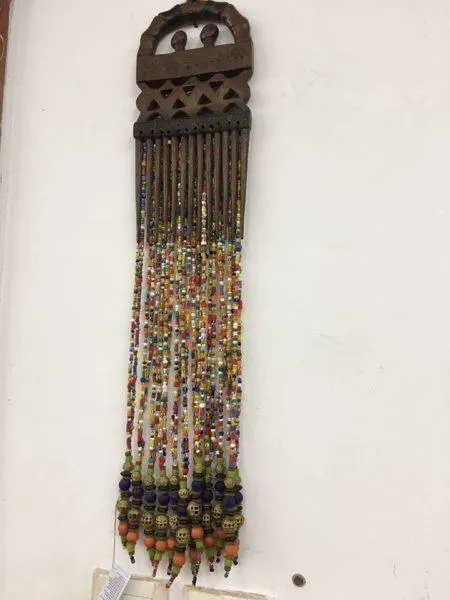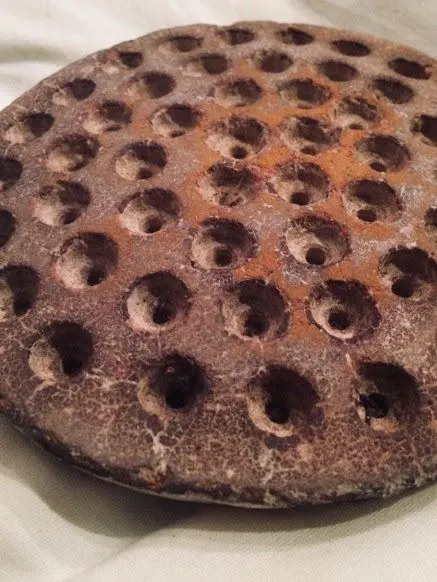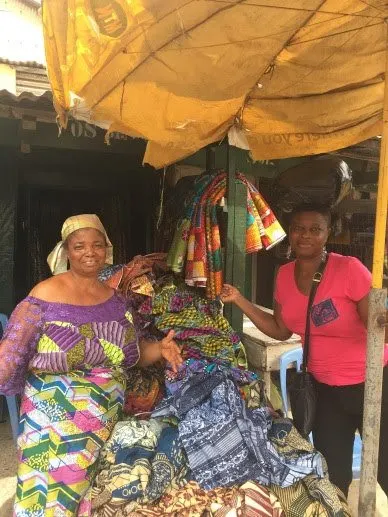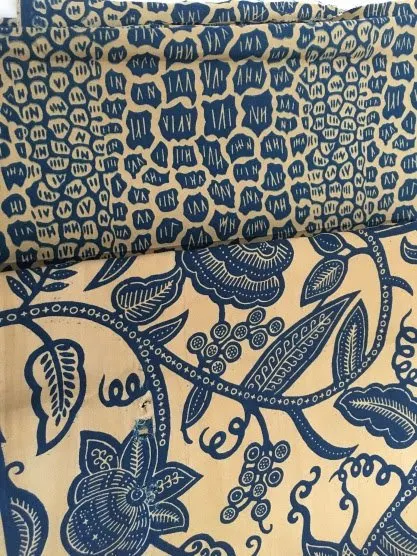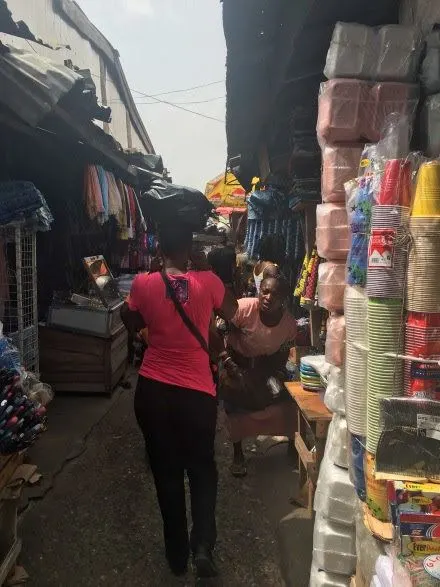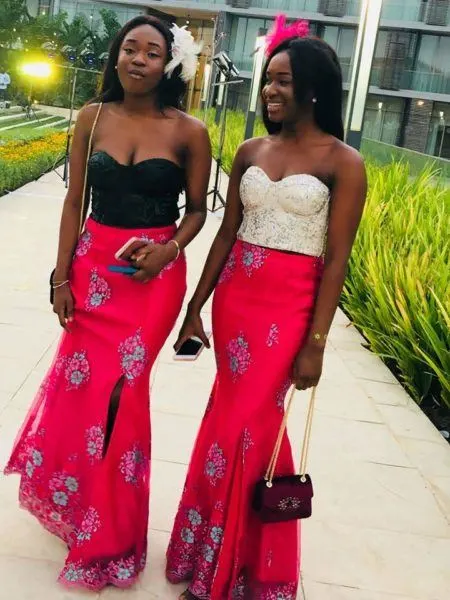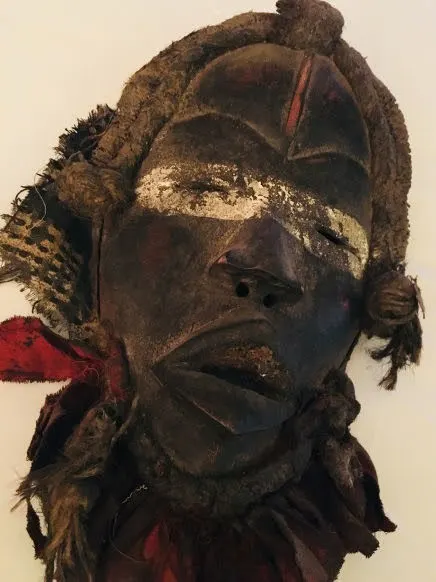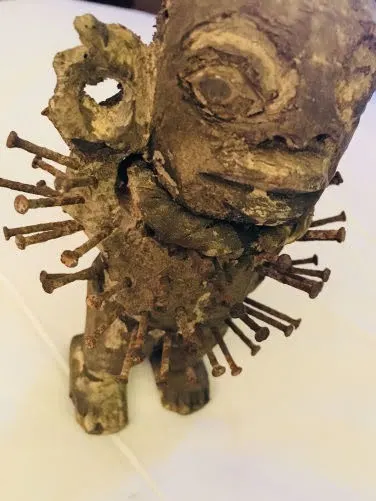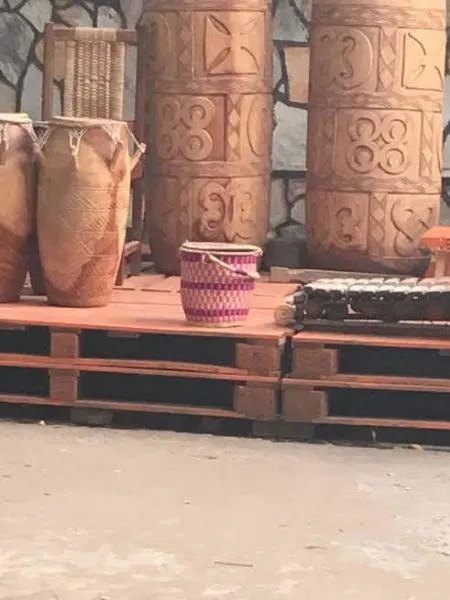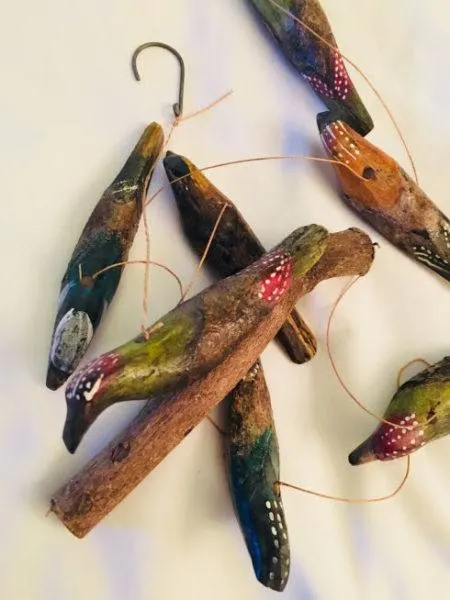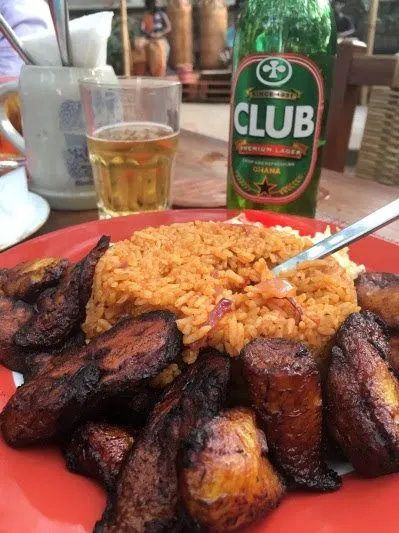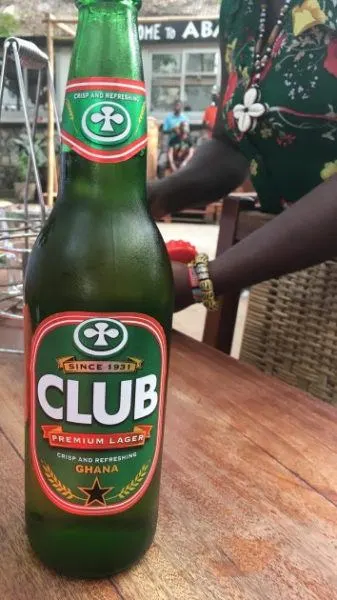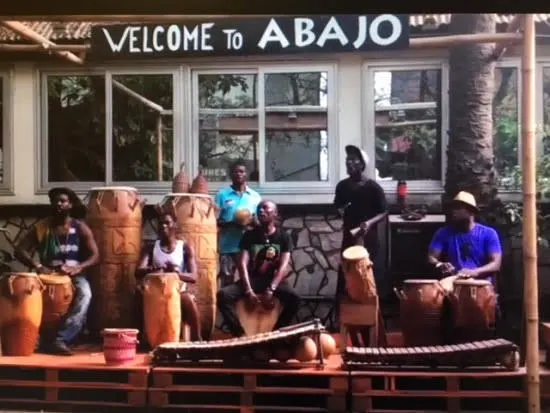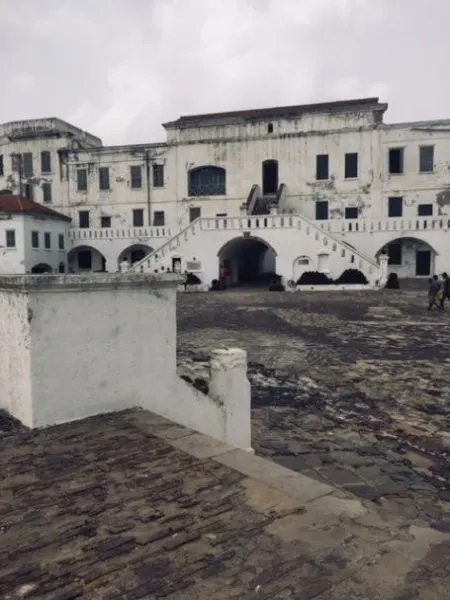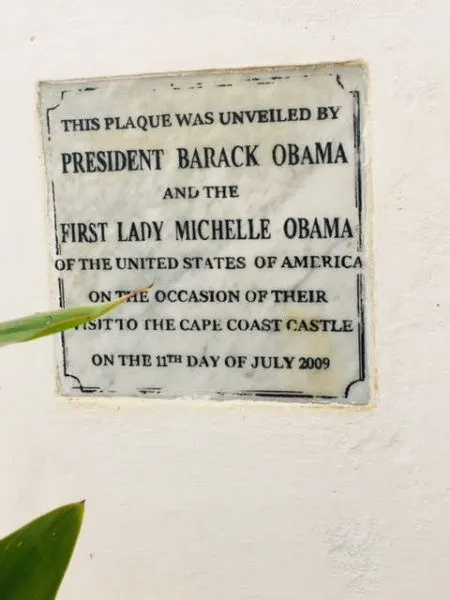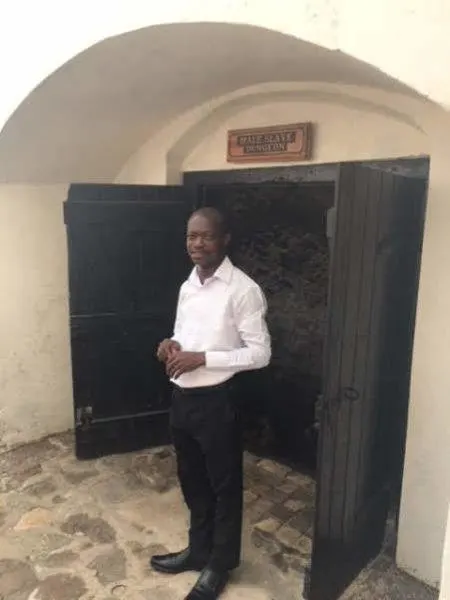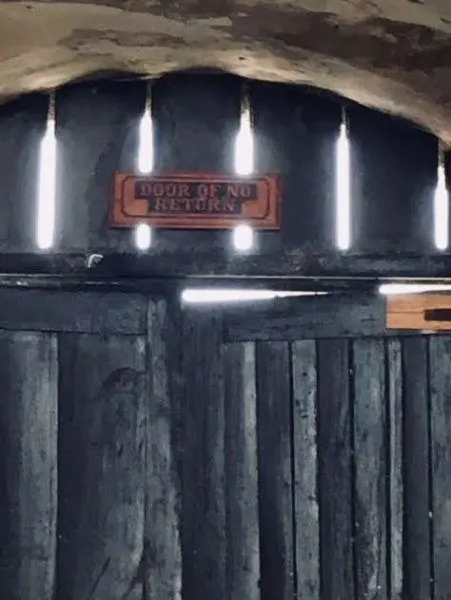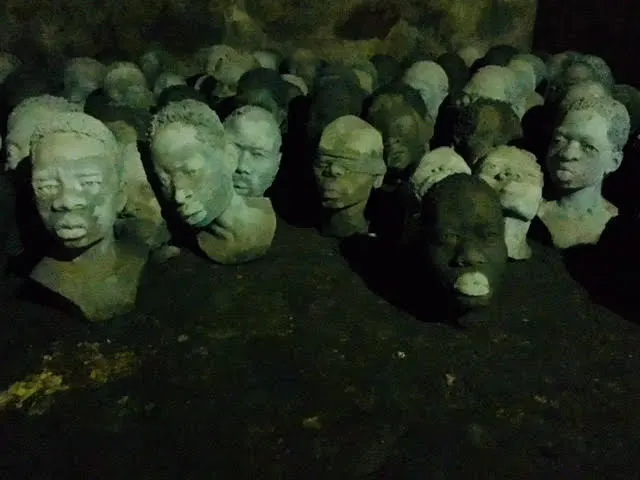This guest post is written by a personal friend, Leigh Fraiser, an avid traveler and knowledgable shopper! Leigh shares her insider tips on a location she has spent a lot of time in, Ghana.
I travel a good bit for my job, often to far-flung locations that don’t have well worn tourist paths. Travel books say that Ghana is Africa for Beginners, and they are right about that. Ghana is blessed with year-round good weather, surprisingly good infrastructure, friendly people, and of course, souvenirs that you can’t find anywhere else. Let’s go shopping!
The Best Way to Souvenir Shop Accra, Ghana– use a fabulous guide!
Let me start off by saying that if you’re traveling in and around the capital city of Accra and you’re not using Miss Taxi Ghana, you’re not doing it right. Miss Taxi is a small, woman-owned business run by a local Ghanaian. She’ll drive you around to any spot you want or just give you a tour of the usual tourist and shopping locations. She’s very popular with tourists and embassies in Accra, so try to book early.
What Souvenirs to Bring Home from Ghana
Handmade Beads
Beads are hands down my favorite souvenirs from Ghana. So many types, ranging from antique to produced just last week, all handmade. My favorite type of beads has to be the fired glass rondelles, which are made using a remarkable, ancient technique. The beadworkers crush glass into a powder and heat it to liquid form, before pouring the liquid into clay molds, and finally inserting a cassava plant stem inside each indentation to create the hole. The cassava stem burns off during the baking process, and the completed beads are exquisite.
Handmade glass rondelle beads, sold en masse on a string of raffia.I don’t know what I’ll do with these yet, but they had to come home with me.
Tiny glass beads strung with clay bead markers. This multi-strand necklace is a popular style in Ghana today. The three delicate strands are interwoven, so they have a 3D effect when worn.
Beads aren’t just for wearing! Local beads artists also work in new beads with antique wooden bridal combs and other items to create truly astounding pieces of art. This didn’t come home with me, but only because I ran out of money.
I did my share of shopping for beads and necklaces, but I was also so taken with the process that I bought an antique bead mold too! Any ideas for displaying this treasure?
It’s best to shop for beads in respected establishments, so you know you’re getting top, handmade quality. My favorite spot for shopping for beads and jewelry was Sun Trade Beads, run by a Dutch national who has been living in Ghana for decades. Her beadwork is divine, and I picked up several one-of-a-kind necklaces at great prices. You can also find lovely beads at the Accra Artists Alliance Gallery (they have a bead artist on staff who will make jewelry to spec from beads you buy there) near Labadi Beach and at Wild Gecko Handicrafts, a 15-minute drive from central Accra, but worth the trip.
Waxed-Cotton Fabric
Ghana is famous for its waxed-cotton fabric, which was originally brought to Ghana by the Dutch, who carried it to Ghana to trade for gold, cocoa, and alas slaves. Now the Ghanaians make it for themselves. So beautiful!
You can buy first-quality waxed-cotton fabric at Woodin, the top brand with locations all over Accra. A yard of Woodin will set you back $3-$6/yard, and you can have the store make you a skirt, dress, or shirt out of any fabric you like for very reasonable rates. I’m an amateur seamstress, so I just stashed the fabric in my suitcase and can’t wait to turn it into something cool.
Some of my favorite patterns at Woodin the day I went. Turnover is brisk, so if you like something you see, buy it before it disappears!
You can also get the fabric from wholesalers at markets throughout Accra, including the famous Makola Market. Makola is teeming with life and great bargains, but it’s not geared toward tourists. For this trip, you probably want to call Miss Taxi, who knows all the best merchants, and more importantly, where to park and how get you back to your hotel after you’re finished. She’ll also take you by the plantain fritter stall, where her friends run a 4th generation business making and selling piping hot spicy plantain fritters to regroup after your shopping.
My living room is blue and white, so I wasn’t about to leave Makola without several yards of these beautiful patterns.
You can buy other things at Makola Market, including locally harvested shea butter and local cocoa butter, for about $1per tub. By that time, I had run out of room in my luggage, though you can also buy cheap luggage there too if you’re a real shopaholic.
These lovely young ladies were guests at a wedding at my hotel. They clearly had been to Woodin and had bespoke skirts made from beautiful fabric
Wooden Relics
For more traditional souvenirs, the best place to go is the Accra Art Centre in central Accra, where you can find handmade wooden relics and other beautiful items. The Art Centre is a giant, open-air market with hundreds and hundreds of stalls. The crowds and salesmanship can be overwhelming, but the prices are great, and it’s lovely if you take it in stride and find a merchant you click with.
One merchant at the Arts Centre specializes in antique masks from all regions of West Africa. This mask is from the Ashanti region of Ghana. I must have looked at 50 before finally settling on this one.
Another merchant specializes in voodoo relics. While Ghana is predominantly Christian, Christianity is interwoven with the traditional practice of voodoo.
Music is a large part of Ghanaian life. You can get drums of any size and type made to order, either to use or just for decoration. I didn’t take a drum home, but I did some damage at the “bolgatanga” basket stalls. Look how beautiful and colorful the weaving work is! I turned one of these beauties into my carry-on luggage for the return flight, filled to the brim with souvenirs of course.
I also took this cute bird mobile home to remind me of the unusual birdsong in Ghana, which is home to some of the most musically talented birds I’ve ever heard!
Ghana Food Souvenirs
I mean the kind you just chow into right there on your trip. It’s not your typical souvenir, but Ghanaian cuisine is memorable in its own right. After you’re finished shopping at the Accra Arts Centre, walk next door and sit a spell at Abajo Culture & Art Café, serving up good food and live music almost every day.
Jollof, the Ghanaian national dish, like a spicy Spanish rice. Served here with a side of fried plantains, and of course, a Club Beer, the national beer of Ghana.
A close-up of Club Beer, because it really is that good. After an afternoon of shopping, you need a bottle of Club, perfectly suited to the hot, dry climate of Accra.
The band Asesegwa playing one afternoon at Abajo, traditional Ghanaian drums and singing. Ghanaian music is seriously good and will sound really familiar to American ears … home of the banjo and other American instruments.
Don’t Miss: Side Trip to Cape Coast Castle
Ghana’s beauty is not just in its souvenirs, it’s in the resilience of its people, those still in the country and those in Diaspora. I took a side trip one Sunday to Cape Coast, four hours west of Accra, to see Cape Coast Castle, a former slave fortress built by the Dutch and later run by the English until the slave trade ended in the late 1800s. The experience is harrowing, but you come away better educated and with a renewed appreciation for the strength of those who perished and those who survived.
Millions of men, women, and children were marched from their homes in Western Africa down to the Gold Coast, where they spent two weeks to several months imprisoned at slave fortresses like Cape Coast Castle, before making the Middle Passage to the New World.
President & First Lady Obama toured Cape Coast Castle during their 2009 State Visit to Ghana. The First Lady apparently traced back part of her family to this location.
The famous “Door of No Return,” where Africans exited the fortress, never to return to their homelands.
The men’s dungeon, now home to an exhibition of clay models commemorating the hundreds of tens of thousands of men who lived and died in this dungeon.
Have you been to Ghana? Tell us about your favorite souvenir finds!

